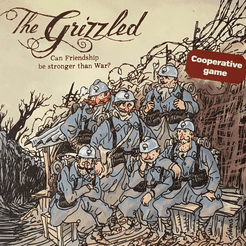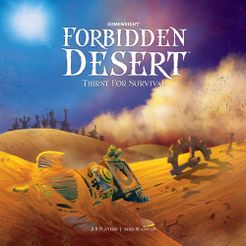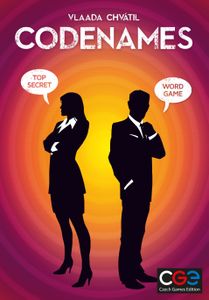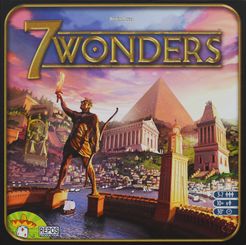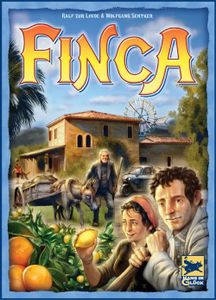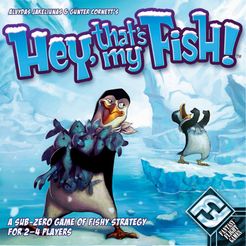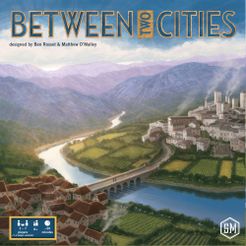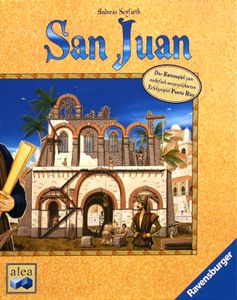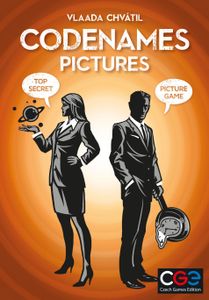This 'Week':
Confessions of Augustine of Hippo
#gbww #autobiography #latin
Book XI - XII
What a dramatic change in content we have here, away from the autobiographical and straight into theological arguments about Genesis, which feel like they're tacked on rather than any kind of meaningful addition to the document, though I suspect that Augustine felt just the opposite. I admit that I found myself skimming here rather than really diving in, partly due to time constraints and partly due to Augustine's annoying refusal to get to the point of anything, a habit that somewhat undermines the strength of his reasoning and the attractiveness of his emotive style.
Augustine has used the phrase 'through a glass darkly' more times than I'm comfortable with in the last few chapters. I am normally fine with him borrowing phrases from scripture left, right and centre, but somehow each time I read that one it rips me straight out of my line of thought. I suspect that if I were to devise a Great Conversation drinking game, that phrase would be in it.
Elements by Euclid
#gbww #mathematics #greek
Book IX
I was utterly, utterly not in the mood for mathematical proofs this week, and my lack of logical rigour when it comes to these seemingly endless propositions was really coming back to bit me. Thankfully, the usage of modern algebra helped me make good sense of a lot of this stuff, particularly in the first half, but I am utterly out of my depth. I guess Maths just isn't for me.
The Oath of Hippocrates
#gbww #philosophy #greek #oneshot
I find it interesting to compare and contrast those sections of the oath that have changed, and those that have remained the same over the years, even though I'm aware that modernised versions such as the one linked are rarely actually used these days. I also find it fascinating that 2500 years ago, it was necessary to suggest that doctors not perform abortions or euthanise, which just goes to show that when it comes to some things, humans really haven't changed a whole lot in the intervening time.
Turns out 'first, do no harm' is not really a thing in the oath, although the acknowledgement that all treatment should be for the good of the patient gives the gist, I suppose.
Turns out 'first, do no harm' is not really a thing in the oath, although the acknowledgement that all treatment should be for the good of the patient gives the gist, I suppose.
Les Miserables by Victor Hugo
#not_gbww #fiction #french
Book VIII
Let me share a phrase or two with you: 'Javert was a complete character, who never had a wrinkle in his duty or in his uniform; methodical with malefactors, rigid with the buttons of his coat.' and 'Javert’s content shone forth in his sovereign attitude. The deformity of triumph overspread that narrow brow. All the demonstrations of horror which a satisfied face can afford were there.' and 'Javert in his formidable happiness was to be pitied, as is every ignorant man who triumphs. Nothing could be so poignant and so terrible as this face, wherein was displayed all that may be designated as the evil of the good.'
Phwoar!
On this reading I felt very sorry for Fantine. She really ought to have gotten a proper send-off instead of just fantine away at the sight of Javert in order to spur Valjean to action. She deserves better from me that being the butt of a weak pun, too, but I, like Hugo, am not above heaping further indignities upon the poor girl. #punacheived
I was expecting some slow introspective chapters and boiling inner turmoil in these chapters, but Hugo continues to surprise. The introduction of Javert here is utterly, stunningly poetic (and a wonderful passage to have chosen to read out loud to Mrs. Owl during a walk home on a balmy evening).
Let me share a phrase or two with you: 'Javert was a complete character, who never had a wrinkle in his duty or in his uniform; methodical with malefactors, rigid with the buttons of his coat.' and 'Javert’s content shone forth in his sovereign attitude. The deformity of triumph overspread that narrow brow. All the demonstrations of horror which a satisfied face can afford were there.' and 'Javert in his formidable happiness was to be pitied, as is every ignorant man who triumphs. Nothing could be so poignant and so terrible as this face, wherein was displayed all that may be designated as the evil of the good.'
Phwoar!
On this reading I felt very sorry for Fantine. She really ought to have gotten a proper send-off instead of just fantine away at the sight of Javert in order to spur Valjean to action. She deserves better from me that being the butt of a weak pun, too, but I, like Hugo, am not above heaping further indignities upon the poor girl. #punacheived
The Pickwick Papers by Charles Dickens
#not_gbww #fiction #english #new
Chapters I - II
I don't know why I was worried that Pickwick might be a bit ho-hum, because so far is that has been the case, then I mean it only in the strictly Pickwickian sense. It has all the hallmarks of the best bits of Dickens: silly accents, outrageous characters, unlikely coincidences, flagrant misunderstandings and absurd situations, and as long as he can hold the whole thing together long enough to make an actual story happen, I think we're in for a fun ride, as long as we're not hoping to get anything deep and meaningful out of it in the long-term.
Robinson Crusoe by Daniel Defoe
#ggb #fiction #english #new
Chapters I - IV
Well, I didn't exactly find Crusoe difficult reading at any point so far, but I admit to failing to see a whole lot here to recommend it at first. Then I realised that this book is 300 years old, which means that I was looking at it through entirely different lenses than I needed to, as I'd naively assumed it belonged to a similar vintage to Bronte and Austen etc. Now that I've realised this important fact, I'm honestly impressed by how well the story is rolling along, and considerably less upset by the depiction of other races and the way that it deals with slavery than I had been. Understanding the context of these books makes a big difference!
The Stats:
A big week for milestones as we crash through the 1000 pages marks both in the novels and the non-ggww books categories, but it's not all that surprising since those two groups overlap almost entirely. More exciting is passing 2000 pages in the project so far. That's a lot of words!Pages last week: 115
Pages so far: 2090
Week XVIII:
It looked at first like a big ole week of prescribed reading from Dr. J this time around, so we're going to leave off Dickens and Hugo and return to them later on. Instead, after the build-up from Lucian a while back, it's time for Herodotus and the main event, and a little more Lamb.
Confessions of Augustine of Hippo
#gbww #autobiography #latin
Book XIII (20 pages)
And so we come at last to our final week with Augustine, and I have to say that though he's been hard work at times, I'll miss his companionship on the bus on the way to work each week, as he's consistently put me in a good mindset for the day's work, even if reading on the bus has the tendency to make me just a little bit motion-sick, which probably doesn't contribute to my productivity.
Dream Children by Charles Lamb
#ggb #fiction #english #oneshot
(3 pages)
(3 pages)
So far, our experience with Lamb has been a little up and down, but everything has been a little too brief to really make a call on that. Hopefully this slightly longer text will give us a better idea of what he's all about.
Elements by Euclid
#gbww #mathematics #greek
Book X(i) (38 pages)
In order to somehow manage to make it through the monstrosity that is Book X of the elements, we're going to split it into three hopefully more approachable sections. This week we're reading Propositions 1-47, just to get us started. This is the last chance for the Elements; if I can't make it work for me this week, I'm giving up.
The History of Herodotus
#ggb #fiction #english #new
Book I (55 pages)
48 pages seems like a big mouthful to chew, but I'm hopeful that Herodotus will prove to be a fun read. If he doesn't, this could turn out to be quite the difficult week of reading.
Robinson Crusoe by Daniel Defoe
#ggb #fiction #english #new
Chapters V - VII (15 pages)
A shorter excerpt from Robinson Crusoe has been set for this week. I hope for some good old-fashioned Tom Hanks alone on a tropical island crazy, but I suppose that I'll be hoping in vain.
I hope you've gotten a chance to engage with one of our little texts in the last week, but even if you haven't, why not take this chance to let me know what you've been reading?




















